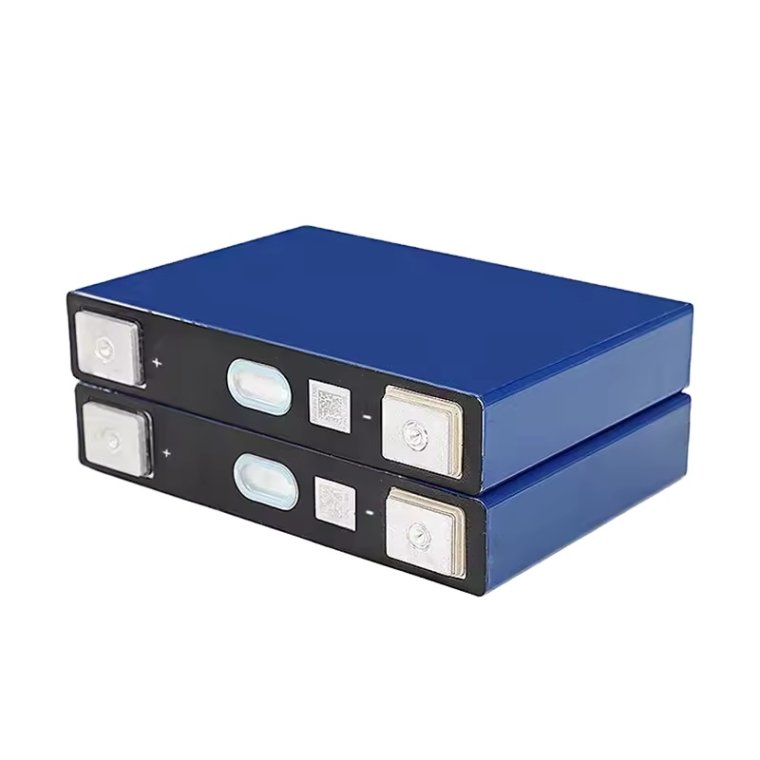When it comes to choosing the right battery for your needs, whether it’s for renewable energy systems, electric vehicles, or backup power applications, the decision between a Lithium Iron Phosphate 12V battery and a Lead-Acid battery is one that requires careful consideration. Both battery types have their pros and cons, and understanding their differences can help you make an informed decision for your specific requirements.
Huihang Technology, a leader in the research, development, and production of new energy lithium batteries, is committed to providing high-quality and high-performance lithium battery solutions for global customers. In this article, we will compare Lithium Iron Phosphate 12V batteries and Lead-Acid batteries, examining factors such as lifespan, efficiency, cost, and environmental impact.

1. Battery Lifespan and Durability
One of the most significant differences between LiFePO4 batteries and Lead-Acid batteries is their lifespan. Lithium Iron Phosphate batteries are known for their impressive longevity. While a typical Lead-Acid battery may last between 3 to 5 years with proper maintenance, a LiFePO4 12V battery can last anywhere from 8 to 10 years or even longer, depending on the usage and maintenance. This extended lifespan results in fewer replacements and less waste over time.
Lithium Iron Phosphate batteries are also more resistant to deep cycling, which means they can handle more charge and discharge cycles without degradation compared to lead-acid batteries. This makes them a more durable option in the long run, especially for applications where frequent cycling is required, such as in solar energy storage or electric vehicles.
2. Efficiency and Performance
When it comes to energy efficiency, LiFePO4 batteries outshine their Lead-Acid counterparts. Lithium Iron Phosphate batteries have a higher charge and discharge efficiency, typically around 95%, meaning they can convert more of the energy stored into usable power. This is particularly important in renewable energy systems like solar or wind, where energy storage needs to be as efficient as possible.
On the other hand, Lead-Acid batteries typically have an efficiency of around 70-80%, meaning more energy is lost in the charging and discharging process. This lower efficiency can result in higher energy costs over time, especially if the battery is used for critical applications such as powering medical devices or backup power systems.
3. Weight and Size
For applications where space and weight are a concern, such as in electric vehicles or marine applications, LiFePO4 batteries are a clear winner. Lithium Iron Phosphate batteries are much lighter and more compact than Lead-Acid batteries, which makes them easier to transport and install. This is particularly beneficial in industries like electric vehicles or off-grid renewable energy systems, where every kilogram counts, and space is limited.
Lead-Acid batteries are significantly heavier and bulkier, which can be a disadvantage in applications that require portability or space-saving designs.
4. Cost and Initial Investment
While LiFePO4 batteries offer numerous advantages in terms of lifespan, efficiency, and performance, they typically come with a higher initial cost compared to Lead-Acid batteries. This price difference can make Lead-Acid batteries a more attractive option for short-term or budget-conscious applications. However, it's essential to consider the total cost of ownership over the life of the battery.
Because LiFePO4 batteries last much longer and require fewer replacements, their cost per cycle tends to be lower in the long run. Additionally, the higher efficiency of lithium batteries means lower energy consumption and reduced maintenance costs.
For example, Huihang Technology, which focuses on providing high-quality lithium battery solutions, offers 12V LiFePO4 batteries that provide excellent value over their lifetime, even though the initial investment may be higher compared to lead-acid alternatives.
5. Environmental Impact
In today’s world, sustainability is a growing concern, and the environmental impact of the batteries we use cannot be overlooked. Lead-Acid batteries contain lead, a toxic substance that can have severe environmental and health impacts if not properly disposed of or recycled. While lead-acid batteries are recyclable, improper disposal can lead to contamination of soil and water, causing long-term environmental damage.
In contrast, Lithium Iron Phosphate batteries are non-toxic and have a much lower environmental impact when compared to lead-acid batteries. They are also more easily recycled, reducing the environmental burden. The sustainability of LiFePO4 batteries makes them an attractive option for eco-conscious consumers and businesses looking to reduce their carbon footprint.
6. Safety Features
Safety is another key consideration when choosing between LiFePO4 batteries and Lead-Acid batteries. Lithium Iron Phosphate batteries are known for their inherent safety due to their stable chemical structure. They are less prone to overheating or thermal runaway, which can lead to dangerous situations like fires or explosions. LiFePO4 batteries also have a low risk of leakage, making them safer for use in a variety of applications.
In contrast, Lead-Acid batteries can be hazardous if damaged or improperly handled. The sulfuric acid inside these batteries can leak, causing chemical burns, and the risk of explosion increases if the battery is overcharged or improperly maintained.
Conclusion: Which One Should You Choose?
When choosing between a 12V Lithium Iron Phosphate battery and a Lead-Acid battery, the right decision depends on your specific needs and priorities. If you're looking for a battery with a long lifespan, high efficiency, light weight, and low environmental impact, a LiFePO4 battery is the better choice in the long run.
However, if initial cost is a major concern and you’re working with a short-term application where space and weight aren’t as important, a Lead-Acid battery might be a more economical option.
For those who prioritize performance, durability, and sustainability in their energy solutions, Huihang Technology offers high-quality lithium battery solutions that provide superior value over time. Whether you are using the battery for renewable energy storage, electric vehicles, or backup power, investing in a LiFePO4 battery ensures that you are making a choice that balances cost-effectiveness with long-term efficiency and reliability.
Choosing the right battery can significantly impact your operational costs and the overall performance of your systems, so carefully weigh the pros and cons before making your decision.
www.huihangbattery.com
Shenzhen Huihang Technology Co., Ltd.